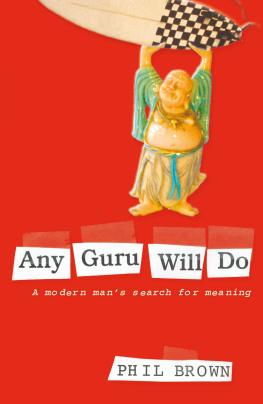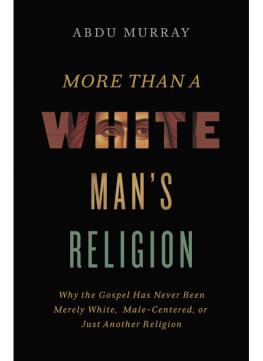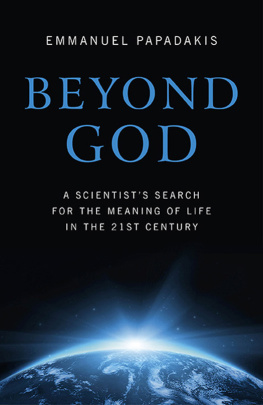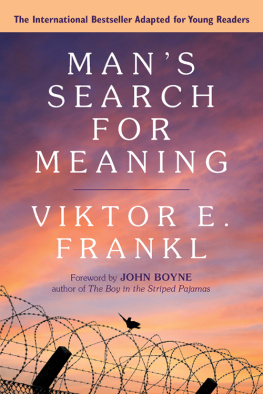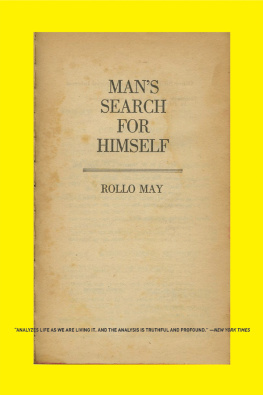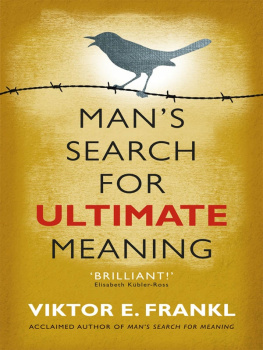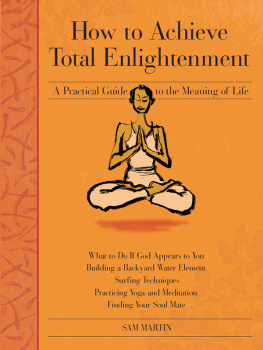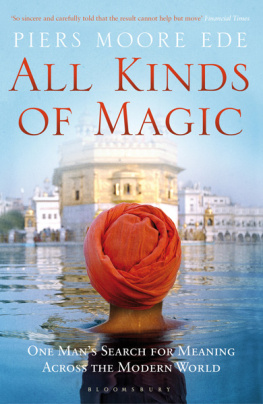Any Guru Will Do
Phil Brown is a journalist who has written for a variety of newspapers and magazines including The Sydney Morning Herald, The Sunday Herald Sun, The South China Morning Post, The Courier-Mail, The Weekend Australian and Griffith Review. He is the author of two books of poetry - Plastic Parables and An Accident in the Evening - and a book of humorous travel stories, Travels with My Angst, which was published by UQP in 2004 and was shortlisted for the Arts Queensland Steele Rudd Award at the 2005 Queensland Premiers Literary Awards. For the past 10 years Phil has been senior writer for the lifestyle magazine Brisbane News. He was born in Maitland, New South Wales, but spent much of his childhood in Hong Kong, relocating to Queensland when He lives in Wilston, Brisbane, with his wife, journalist Sandra McLean, and their son Hamish.
Other books by Phil Brown
TRAVEL WRITING
Travels with my Angst
POETRY
Plastic Parables
An Accident in the Evening
For Sandra and Hamish, always
Contents
Introduction
When I left high school on the Gold Coast in late 1974, graduates of my surfside alma mater were just as likely to join the Hare Krishnas or the Children of God, or become professional surf bums, as they were to go to uni or follow a serious profession. Once they had left the dusty schoolyard forever, many of my contemporaries were more interested in head-trips than in going on any real excursions into the wider world.
Woodstock and the heady days of psychedelia and HaightAshbury were already sort of pass by then, but Queensland took a little while to catch up. So by the time I was in my late teens, we were turning on, tuning in and dropping out a decade late, but never mind. The Gold Coast was a sort of California-lite, where healers, quacks and mystics sprouted like mushrooms (magic, of course) after the rain, finally making their way there in the wake of the great San Franciscan awakening.
The New Age took root on the Gold Coast like nowhere else in Australia at the time (it has since transplanted itself to Byron Bay and the surrounding hippie hills), and everything was on offer. Whether you wanted to be a Jesus freak, follow some pale imitation of the Maharishi, learn to live on thin air as a Breatharian, or turn yourself inside out with yoga, it was all on tap along the glitter strip and in the verdant hills beyond Surfers Paradise, otherwise known as Flake Central. Like many others, I drank the heady draught of this late arrival of the Age of Aquarius or sipped it, at least. We Baby Boomers felt entitled to be able to experiment with any form of self-indulgence on offer, spiritually and materially.
Having grown up in Hong Kong surrounded by superstitious Buddhists and Taoists where soothsayers openly plied their trade on the streets of Kowloon I was relatively prepared for the exotica available on the Gold Coast, open to suggestion and keen to experience everything I could. At college in land-locked Toowoomba, I sought enlightenment through poetry, and sought answers to lifes big questions while drinking as much beer as was humanly possible. And back on the Gold Coast, working for a cheesy-listening radio station, I flirted with evangelical Christianity, sought refuge in the bosom of the Holy Roman Catholic Church, received secret mantras, and tried everything else within reach in the search for wholeness that engulfed us all in the aftermath of the Sixties. This Boomer longing for ultimate fulfilment was encouraged by all the New Age waffle and psychobabble that we lapped up in books, courses, workshops you name it that pandered to the seeker and the gullible alike.
This was all an expression of my generations existential angst, a condition I think I myself raised to an art form. It was a sort of hobby for me, and it led me a merry chase through the maze of the dawning Aussie New Age. My angst was at its most intense in the late Seventies and early Eighties, when I sought satori in some unlikely places such as Rockhampton, more famous for its beef cattle than for spiritual illumination. But when youre a John Lennon disciple and you watch your hero seeking solace in meditation, and your primers for life are books like The Dharma Bums and The Doors of Perception, strange things can happen. And they are still happening less frequently, maybe, but the quest goes on.
In a Bard Way
Anticipation was fast turning to despondency as we sat in the cool of the kitchen waiting to see if anyone turned up to our poetry reading. My pal in poetry, Rod, had put posters up around campus and I had carefully worded an ad for the student newspaper about our poetry evening, but so far things werent looking good. But finally there was a rapping on the door, which echoed down the long, empty hallway.
Were on! said Rod as I went to the door. Two girls were standing there, a bit sheepishly, each with a folder full of what I hoped were poems.
Hi, Im Margie, said the girl with long hair.
Im Betsy, said the other.
Poetry lovers, of course? I said, partly as a statement, partly as a question. Come in, come in.
I introduced Rod and we moved into the lounge room. I put Lou Reeds Coney Island Baby on the turntable, ever so quietly, as background music, waited a few minutes in case anyone else turned up no-one did and got down to business, which was basically drinking tea and reading and talking about poetry.
I think its so great that people are still interested in poetry, said Margie.
Yes, but those people are obviously thin on the ground, I said.
Few are called, said Rod with gravitas. And anyway, poetry is not for everyone. It takes a refined soul to appreciate poetry. Poetry is like religion, really, in its purest form. Poetry is God.
Rod tended to make sweeping pronouncements. We all nodded. Anyway, are we going to read some poetry or what? he said.
The girls each had half a dozen poems to read, and as they read we nodded knowingly. Though Margie seemed pretty chirpy, her poems were bitter and depressing. Shed obviously been studying Sylvia Plath, who was on the syllabus. Betsys were mostly anthropomorphic nature poems in which she identified herself with natural phenomena. In one she was a tree, in another she was a rock. And the poems were full of references to wildlife, which I suspected had come from reading and, judging by the way she wrote, probably misunderstanding the work of Ted Hughes, whose poetry we were all devouring. It was all very Taoist. I tried to concentrate as they read but it wasnt easy because, basically, a poet is only ever really interested in his or her own poems, and a poetry reading is actually just a chance to strut your own stuff. Meanwhile you have to sit and look interested while your fellow poets indulge themselves.
When the girls had finished their readings, Rod read a long poem of his that I was already familiar with about woman as the underdog of history and society. It rambled a bit or a lot, actually and ended up with a wife tending to her violent husband, sacrificing herself completely to meet his needs. Interesting trajectory
The girls seemed impressed. Wow, said Margie.
Wow, said Betsy.
I followed Rod with my poems poems that had long snaky lines because I was desperately trying to emulate D H Lawrences poetry at the time poems like Snake and Bat. One of mine, which emulated his in shape rather than subject, drew allusions between my bedroom and Calvary my bed as the cross, dreams, my psychological crown of thorns. In another, called Nights Estate, I wandered a Gold Coast canal estate late at night posing questions of, I thought, some existential substance:

